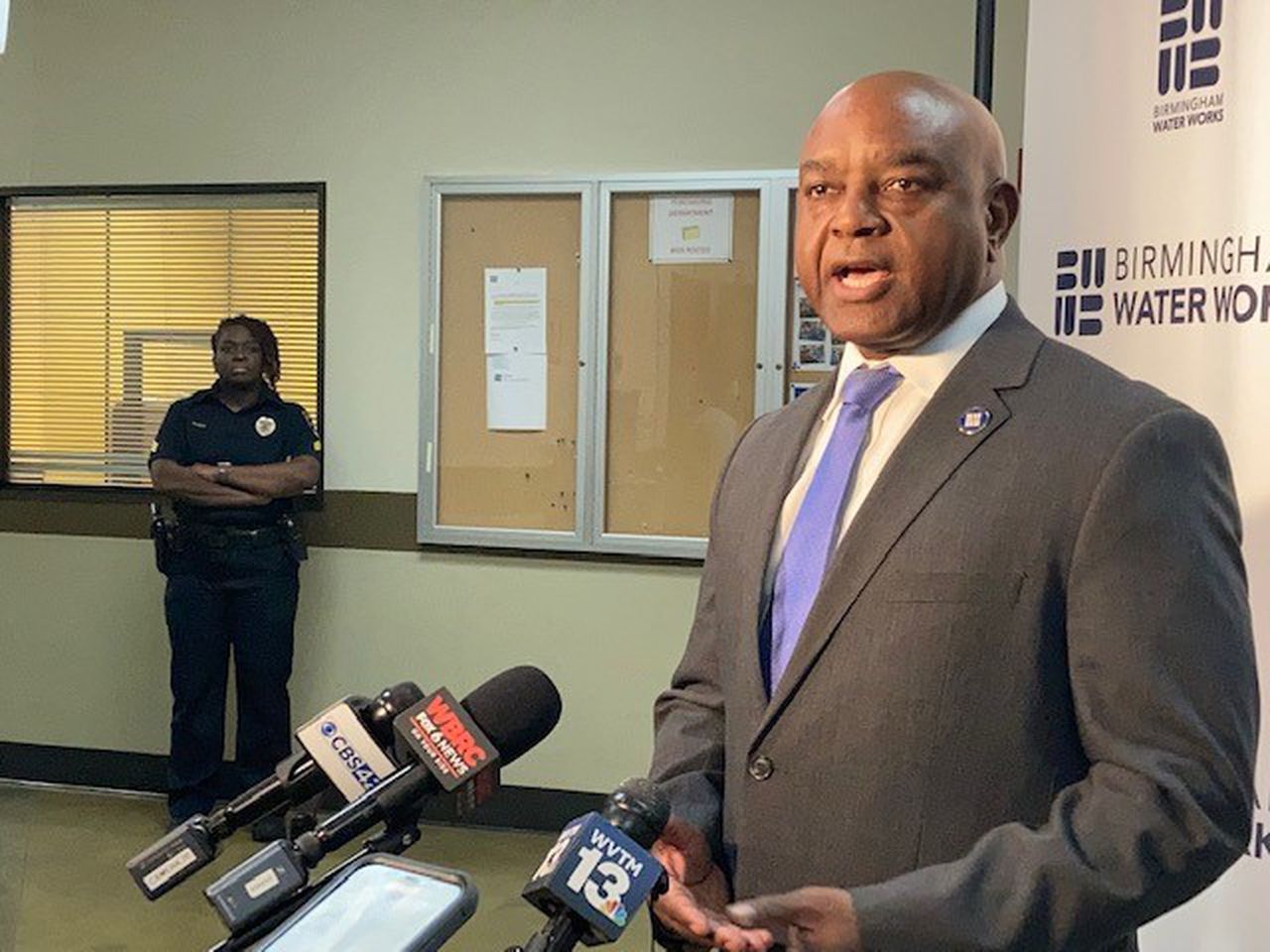Birmingham Water Works took over a year to correct billing issues, audit shows
This story originally appeared in The Lede. For more or to subscribe, visit www.birminghamlede.com
Results from a billing audit of Birmingham Water Works (BWWB) show that as of July 2022 over 25,000 customers were missing bills from the utility.
The audit results, revealed at Wednesday’s BWWB meeting, were completed by former BWWB General Manager Mac Underwood of Underwood Financials LLC after the board authorized him to review billing and collections from Jan. 1, 2022 through July 31, 2022.
The audit showed issues affecting more than half of the utility’s customers had spanned the last year.
The number of unbilled accounts during this time period was tabulated by subtracting the number of paper and electronic bills that went out from the 200,000 accounts BWWB should be sending bills to, according to the audit.
“Even with the large number of estimations, the cumulative column indicates the company never caught up on billing,” said the audit.
Beginning in August 2021, the utility began failing to send bills, first not billing more than 7,000 people. By December 2021, that number had grown to a cumulative 84,967 missed bills. That’s the point where BWWB management was notified of the issue according to an Oct. 26 press release from BWWB.
When asked why there was a several-month delay between the beginning of the issue and management being notified, General Manager Michael Johnson responded that water works staff told the board what they knew at the time.
According to the audit, over 3,000 of the bill missing as of August 2022 were classified as “implausible bills” that needed to be manually processed by a staff member in order for customers to access them. The “implausible” bills recorded unexpected jumps in water usage and according to Underwood the SAP billing system used by BWWB holds these bills until they are processed.
The audit indicates that the timing of meter reading may be the main reason thousands of customers got bills that were far higher than they expected.
BWWB policy is to read meters each month between 24 and 37 days. When meters are read in less than 24 days it is considered a short billing period and when it takes longer than 37 days it is considered a long billing period.
Results from the audit show that between August 2021 and July 2022, over 85,000 BWWB meters were read in short billing periods causing the bill editing team to have to correct or increase consumption on the calculated bills.
During those same months, over 10,000 meters were read in long billing periods which, according to the audit, could inflate customer bills by placing them in a higher tier of the rate structure due to more recorded usage than normal.
Due to these short and long billing period reads nearly half of BWWB’s 200,000 customers received bills with an estimated portion or incorrect recorded water usage within that time frame even though the audit reported that the billing software itself is working correctly.
As of August 2022, there were over 100,000 manual entries to BWWB’s billing system, meaning workers for the utility had to go into bills and edit or estimate some portions, according to the audit.
Between BWWB and SAP consultants Utegration there were 20 employees working on these manual entries in addition to their daily responsibilities, which Underwood said increased operating costs due to the editing employees working overtime.
“There is clearly an issue managing meter reads, and assigning routes to ensure meters are read timely which resulted in delayed or unbilled accounts,” said the audit.
Even though Underwood was not able to access all of the necessary reports for the audit due to some not being saved in what he said was a “usable format,” Underwood Financials suggested the following steps for the utility moving forward, based on what they could review.
· A reduction or elimination of mass estimation of bills
· Further external training for key employees
· An update to the meter reading system so that it is able retain meter reading data from month to month in a usable format
· Additional training for billing department employees/ further utilization of experienced employees
· A daily report on unbilled accounts
· Hire consultants to help review and improve billing process
“BWWB customers deserve accurate and timely bills,” the audit said in its conclusion.
Johnson blamed many of the issues that occurred during the time covered by the audit to employment shortages caused by COVID-19. Now, he said, the utility is almost fully staffed and is caught up on bills.
He continued that 98% of BWWB accounts are now receiving timely bills and added that the company’s error percentage would never be zero.
“We bill over 200,000 customers a month and read over 10,000 meters a day,” said Johnson. “If there are implausibles, unfortunately you have to go into those accounts. It’s going to take some work. It’s going to take a lot of key strokes.”
Johnson said he is proud of where the utility is today but agreed that BWWB could be more efficient. For that reason, he said, the company is focusing on training the new meter readers who account for more than half of their reading team.
“We are sorry to these customers, but a lot of the billing issues were out of our control,” said Johnson. “We’re not putting our head in the sand but we’re trying to make sure we get it right.”
Johnson added in the BWWB press release that the utility was working with customers struggling with their bills through twelve-month payment extensions and said that the utility was not shutting off water usage for anyone dealing with a billing issue.
Results from Underwood’s audit are available to the public by request. To request a copy of the audit contact BWWB spokesman Rick Jackson at [email protected]
